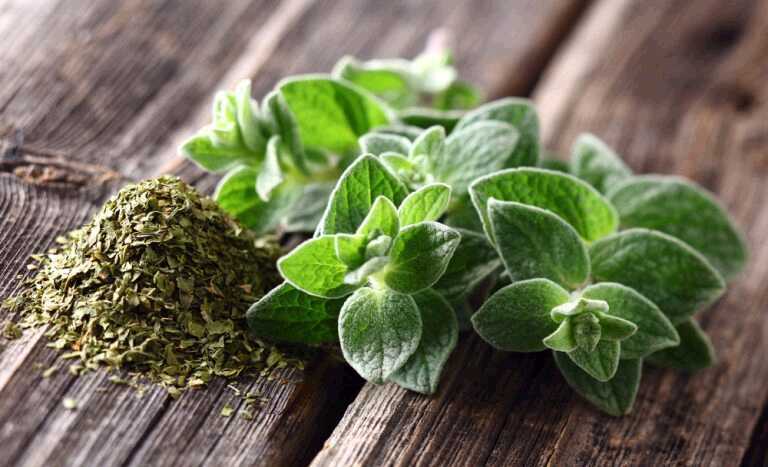
Health food stores have entire aisles lined with vitamins and supplements, some of them derived from plants, including herbs and spices. The idea behind most herbal and spice capsules is that the ingredients are highly concentrated and thus work more effectively in minimizing the effects of diabetes, or supporting a healthy immune system.
Although this could certainly be the case, supplements are largely untested and unproven, which means that high concentrations might not be more beneficial than a standard, meal-sized helping.
#1. Cinnamon
Cinnamon can be used in a plethora of dishes. While it is typically used to season sweet dishes, such as pies and tarts, cinnamon can actually pair nicely with some meat (fish and beef, in particular). Adding cinnamon to at least one meal or snack per day may be able to help your blood sugar remain stable and consistent.
#2. Fenugreek
In some studies, fenugreek demonstrated the ability to slow down both the absorption of high-carb foods, as well as the digestive process. This can be useful in keeping blood sugar levels low after a high carbohydrate meal. Fenugreek is small and pod-like in appearance, and can be added to dishes such as soup or ground beef, or can be chewed directly.
#3. Ginger
Ginger can be purchased whole or in powder form, and can be used in both savory and sweet dishes. Ginger root can be cut or grated to create a rich, spicy tea, or can be added to a slow cooker meal such as pork chops to create a spicy, tart taste. Ginger can also be made into candy, which can be nibbled on following a meal. Consuming ginger can help sooth an irritated stomach, and has been linked to lower cholesterol.
#4. Ginseng
Ginseng is an incredible tool for stabilizing blood glucose. One study found that consistent use of ginseng (or ginseng extract) lowered glucose levels by improving insulin production, slowing carbohydrate absorption, and supporting the body’s ability to properly use glucose. Ginseng is most commonly found in Asian dishes, but can be used in many other savory dishes.
#5. Oregano
Though it does not interact with diabetes itself, oregano is a useful herb with regard to kidney function. One study found that oregano can actually delay the onset of renal damage or renal failure. Because diabetics’ kidneys can undergo a lot of stress, adding some herbal support to your diet is a wise decision. Oregano can be used in traditional Italian dishes, but is also a great addition to rich soups and stews.
References